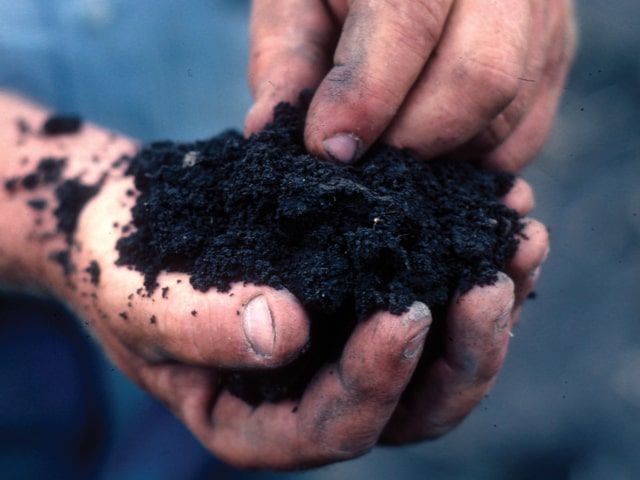
Many gardeners do their best to keep their plants healthy and strong. However, one often overlooked aspect of good gardening is healthy soil. The importance of healthy, great soil can't be ignored.
Some people think it's enough to simply add some compost and it will magically transform bad soil to highly-nutritious one suitable for all kinds of plants. Unfortunately, it doesn't work that way. Same goes with quick soil amendments. There is no one quick solution for the soil problem.
Being careless with the soil can lead to numerous problems. If you don't pay attention, your garden soil can get depleted quickly. The drainage becomes poor and your plants can't grow as strong as they should. These are just some of the signs that you should do something about your garden soil.
Healthy soil is one of the key aspects of good gardening so this is why you should give it proper attention. It will benefit your plants and it will produce much better results.
Soil Care Essentials
Some people feel that adding fertilizers is a key to strong and healthy plants. In fact, while fertilizers (especially natural ones, such as compost), can help your plants, it's not the same as truly making your soil better. This is particularly true for people who like to use heavy, commercial fertilizers. While they are good in small amounts, prolonged use can do more harm than good.
One of the main problems is that not all fertilizers are created equal. It's not unusual for them to miss some of the important ingredients your plants need. This can be a major problem. So, instead of simply adding fertilizer, it's important to improve your garden soil and make it into a welcoming environment for your plants.
The best way to start is to make a simple soil test to know what your soil actually contains. These tests are not expensive and they will give you many important information about the state of your garden soil. It's the easiest way to know exactly what your garden soil needs to be healthy and best suited for the plants you want to grow.
Once you know what's in the soil, you can learn what you need to add to it to make it better. An agricultural consultant or someone at your local garden center may be able to help you and give you some valuable advice. This person can help you identify the problems and suggest the remedies and ways you can add the much-needed ingredients to your soil.
Important Elements
Here are the most important elements and nutrients your garden soil needs to be fully suitable for plant growth.
- Nitrogen. It encourages vegetative (leafy) growth. However, this can sometimes be a problem, especially if you want to encourage fruit growth but not leaf growth. For example, if you notice your pepper plants having gorgeous leaves but no fruit, it's a sign that they have too much nitrogen.
- Phosphorous. It encourages strong root growth and structure. The tricky thing about this element is that it tends to bind with the soil, and thus not all of it is available for plant use. You need to add it early in the plants' growing cycle to make a difference.
- Potassium. It benefits the plant's aerial (meaning, above the ground) structure. Meaning: strong stems, strong leaves, how well the plant can take up water, as well as flowering and establishing fruits. Another thing potassium does is to fight high levels of magnesium.
- Sulphur. It competes with sodium. The amounts you need in the soil depend on your soil's pH levels and the type of plants you wish to grow. For example, if you have an alkaline soil (with high pH values), it's important to minimize the effects of an alkali (high sodium). To achieve this, you should keep the sulphur levels high. If you have an opposite problem (more acidic soil with low pH levels), you should use calcium to balance out the sodium levels.
- Calcium. This element makes the plants store better and last longer after they have been harvested. It can also help with balancing sodium levels (see above).
- Boron. It's important for plant reproduction. Low boron levels lead to numerous problems, such as hollow potatoes and strawberries, as well as pea pods with only a few peas in them. Warning: high levels of boron are toxic so you need to be careful with the amounts you add to the soil.
- Magnesium and aluminum. High levels of these elements cause cracks on top of the soil, which contributes to drainage problems.
- Selenium and Zinc. These elements contribute to plant immunity, and they also contribute to human immunity. However, selenium is restricted in some countries.
Photo credit: Natural Resources Conservation Service Soil Health Campaign
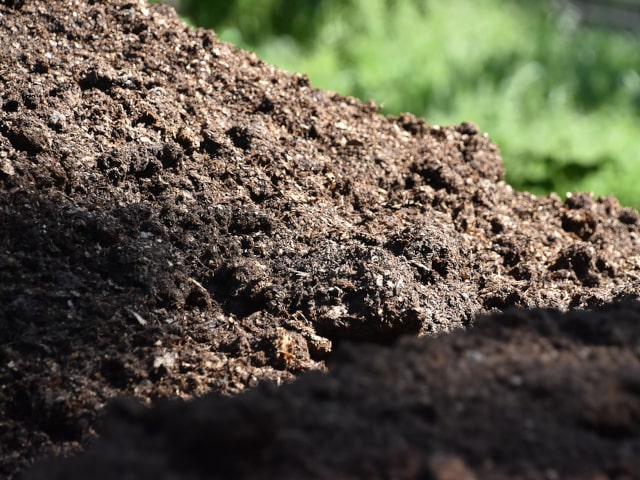
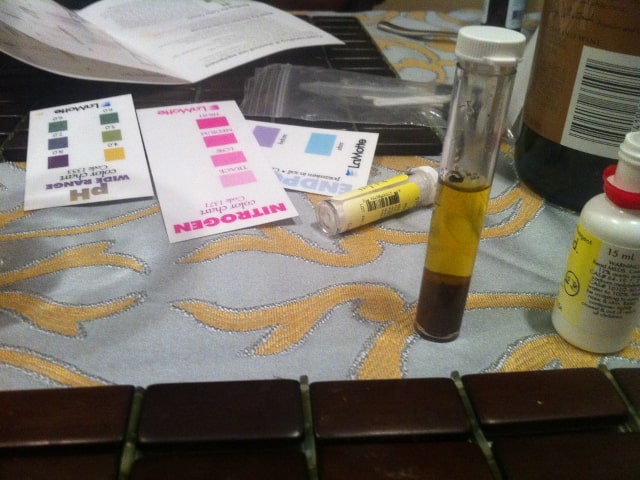
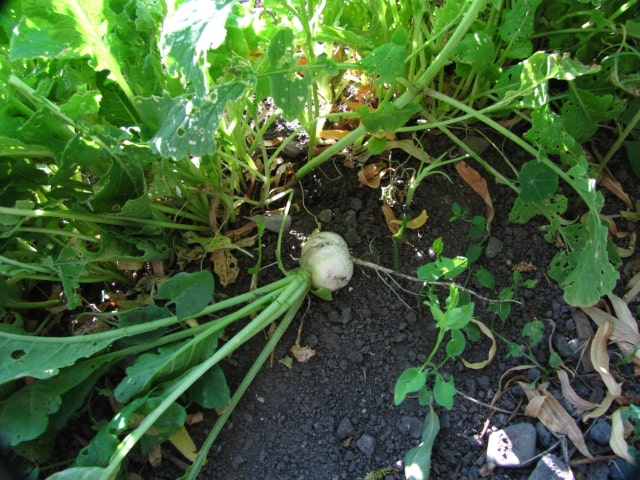
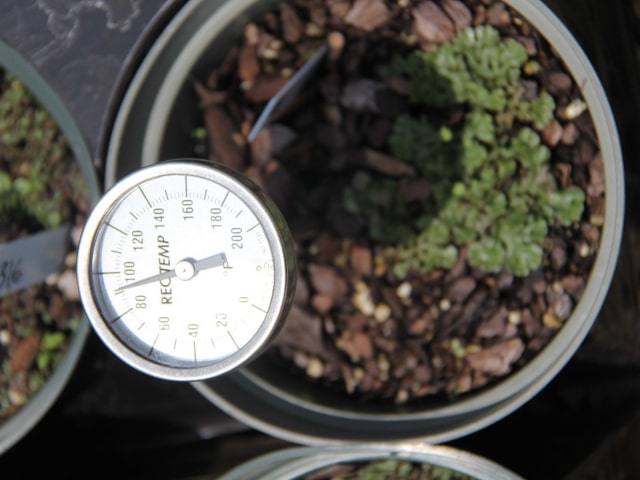
1 Comments
Hello, I do not know if you can help me but would like to know if you know what kind of soil is best for a rubber plant? I read different things and do not really know what is best. If you have a opinion I would appreciate any feedback.
Thanks For Your Time
Barry